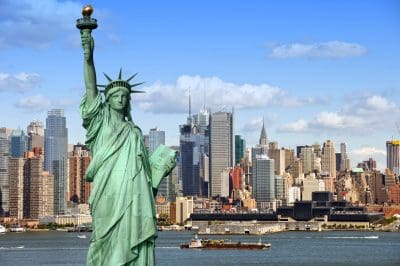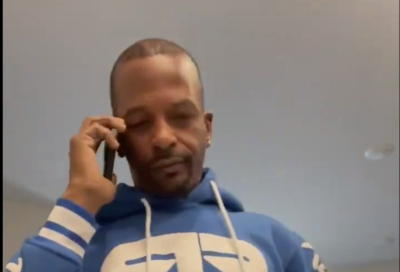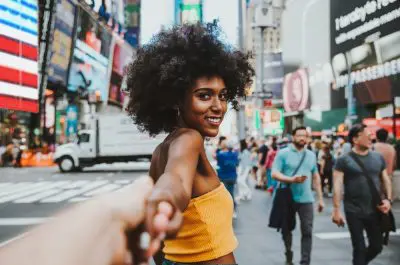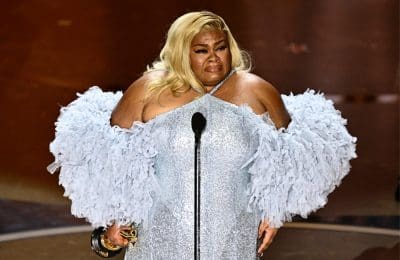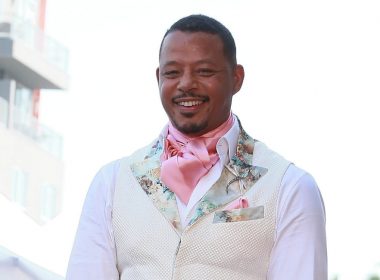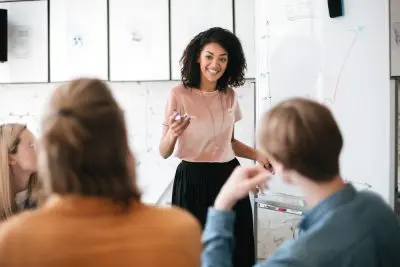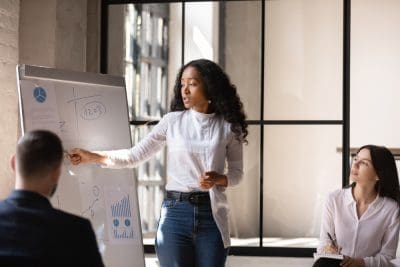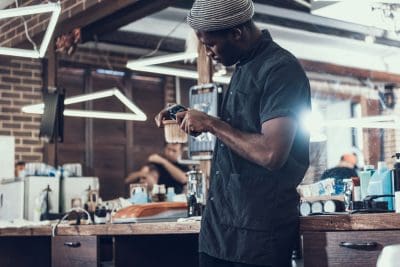
Norm Bond has a Ph.D in black people. His knowledge, advocacy and love for his community can never be questioned. But he looks at the statistics and they read like a Shakespearean tragedy: African Americans boast nearly a trillion dollars in buying power, yet we are collectively the poorest and most disorganized community in the country, by far.
Blacks have enough “Benjamins” to buy some small European nations — and have change left over — but tragically have little to no infrastructure to speak of, nor any other evidence of this colossal marketplace power. This is the reason the National Alliance of Market Developers continues to host the “Buy Black” Holiday Shopping Expo, which is now in its 10th year.
“The annual NAMD ‘Buy Black’ event provides an opportunity for those that want to support Black-owned businesses to participate directly by identifying and patronizing these vendors and business owners on site,” said Bond.
The annual “Buy Black” holiday shopping experience includes multiple black proprietors with cultural-specific goods and services to offer, experts and community leaders who provide invaluable information and a forum where black businesses and consumers can support and fellowship with one another. The Buy Black event accomplishes multiple cultural objectives in one, which Bond explains in detail to rolling out.

So that is the goal: help them see that there are businesses, help the consumers know that these are quality businesses, and then leave here with connections and contacts so that they can continue to do this throughout the year.
We’ve been talking about self-help for over a century, with the legendary Marcus Garvey most notably speaking on this with his United Negro Improvement Association in the 1920s. Why haven’t we advanced since then?
Lot of it is psychological and also programming. The culture of African Americans is unlike any other ethnicity in the country. We came here and our culture was intentionally broken down. A lot of cultures come here and they keep their culture intact. They keep their ties to the community. Asians [for example], they can still get products and goods shipped in from Taiwan, Korea and Japan and they speak the language. For over 400 years, it was illegal for us to network and not just from slavery but also through Jim Crow. And not only were we programmed not to trust each other, but other cultures were programmed to believe that we are inferior. It’s not done just overtly, but if you look at the movies and see the kinds of roles that we play or get, we are programmed to believe that this is all we can be [which is very little].
How is the NAMD working to change this paradigm?
So our job is to raise consciousness, to make people aware so we can change this. Another thing is that our ideas are often stolen [by corporations and mainstream culture]. They study our trends, what we wear, what we listen to, and even our slang and our language. We are the manufacturers of these things, but we don’t benefit from our own product creations. We are the trendsetters, but they are the ones who circulate it. The solution is to recognize the value of what we have. For example, if you have high self esteem, you are not going to be victimized by people coming in here trying to exploit you. You won’t go into meetings with whites, Asians and Hispanics and feel [inferior]. The second thing is, with these “Buy Black” events, people come out and see ‘man, we have some quality businesses out here.”

What happens when we host “Buy Black” events like this around the country?
When you have things like this and people saying ‘I want to work for my people,’ then that starts to break that myth down that black people don’t want to work with each other and that black people don’t want to help black businesses. what we need to do moving forward, are examples of success. When you visit Asian, white and Hispanic communities, you can see examples of success all over. We have that. This event shows that we can work together. And we need to take that … if you have 100 black people, maybe only two will ‘get it’ [that we need to be self-sustaining and promote blacks]. So then you go to the next 100 and take two more from that bunch.
Maggie Anderson and her husband, an Ivy League black power couple, actually went out and spent money on black businesses only for a year. Now she’s coming out with a book talking about it.
This is what I love about Maggie Anderson’s Empowerment Experiment. You can say ‘buy black.’ But what we need to do is to provide specifics. Buying black is a goal. Underneath that goal, you have to have specific actions that are taken. Identify the products that you use. Find the businesses that supply those products that are black owned. Connect to those businesses. Say to yourself that out of $100, you are going to set aside $10 or $20 for black businesses. There are specific steps we must take. When Maggie’s book “Our Black Year” comes out next year, it provides a blueprint on what we need to do. And then we can say ‘we started with five people doing it this year, and then we have 10 people next year, and so on.’ So if we see that we only spend 5 percent with our own people, the goal is to move that needle. Malcolm X was talking about this 50 years ago. Marcus Garvey was talking about it 90 years ago. I’m tired of talking about it. So we want to get to the point where we say, ‘in 2011, blacks spent only 5 percent with black businesses, but in 2014, blacks spent 9 percent, and by 2020, blacks spend 15 percent with each other. We start to see progress and not just talking about it and not doing anything to move the needle.
Lastly, you remind us, is that as black people, “we are undefeated.” Well, what do you mean by that?
When it comes to ending slavery, getting the right to vote … whatever it is, when we get focused as a people, we have been victorious. We have not been defeated. So if we focus on cooperative economics, supporting our own businesses, and growing them to scale, we are going to win. We will not be defeated. We are undefeated and undisputed when we focus as a people.
– terry shropshire

